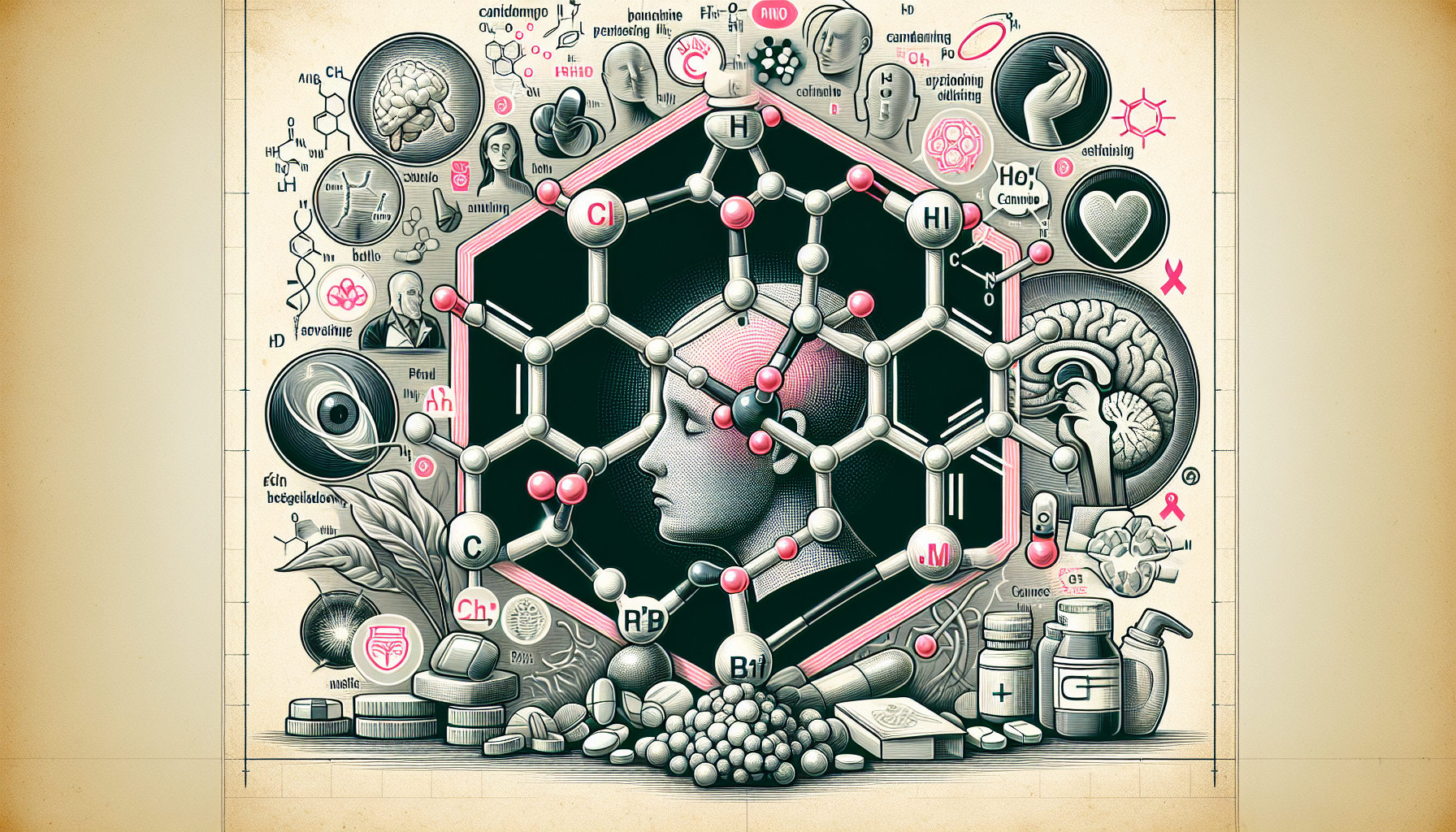Exploring the Impact of Food Additives on Mental Health
Key Takeaways
- Food additives, including sweeteners, preservatives, and emulsifiers, are being scrutinized for their potential impact on mental health issues such as anxiety and depression.
- Research indicates that both natural and artificial sweeteners may be linked to an increased risk of mental health disorders, while preservatives like parabens have been associated with ADHD, and emulsifiers have been shown to alter gut microbiota and induce anxiety-like behaviors in animal models.
- Further research is essential to fully understand these complex relationships and guide public health recommendations, emphasizing the potential protective benefits of incorporating natural foods rich in bioactive compounds into diets.
Did You Know?
Introduction to Food Additives and Mental Health
As mental health issues like anxiety and depression become more prevalent globally, the role of various factors in these conditions is increasingly scrutinized. Among these, food additives—substances added to food to preserve flavor or enhance its taste and appearance—have come under examination for their potential impact on mental health.
Food additives include sweeteners, preservatives, and emulsifiers, which are added to a wide range of processed foods. While these additives help in maintaining the quality and longevity of food products, recent studies suggest that they might also influence mental health.
The Link Between Sweeteners and Mental Health
Research has shown that both natural and artificial sweeteners, widely used in the food industry, could be linked to various mental health disorders. Studies involving large groups of participants have found associations between the consumption of non-nutritive sweeteners and an increased risk of depression and anxiety.
For instance, artificial sweeteners like aspartame have been studied in animal models, showing potential anxiety-inducing effects due to changes in brain chemistry. Conversely, some studies suggest that certain sweeteners might offer benefits under specific conditions, such as in diabetic models where they can reduce anxiety and depression symptoms.
Preservatives and Their Psychological Impact
Preservatives are another group of additives intended to extend the shelf life of food products. However, their impact on mental health is becoming a concern. For example, parabens, commonly used preservatives, have been linked to ADHD in observational studies involving children.
On the other hand, sodium benzoate, a widely used food preservative, has shown mixed results in studies, with some indicating potential benefits in reducing symptoms of schizophrenia and improving cognitive functions in depressive disorders.
Emulsifiers, Flavoring Agents, and Mental Disorders
Emulsifiers and flavoring agents are used to improve the texture and flavor of food products. However, these additives have been implicated in adverse mental health outcomes in animal studies. For example, certain emulsifiers have been shown to alter gut microbiota and induce anxiety-like behaviors in mice.
Similarly, flavor enhancers like monosodium glutamate (MSG) have been associated with behavioral changes and depressive-like symptoms in animal models, suggesting a potential risk factor for mental health disorders.
Concluding Thoughts on Food Additives and Mental Health
The relationship between food additives and mental health is complex and influenced by various factors including the type of additive, the dosage, and the individual's overall diet and health condition. While some additives have shown potential neuroprotective effects, others are linked to adverse mental health outcomes.
Further research is needed to fully understand these relationships and to guide public health recommendations. Meanwhile, incorporating natural foods rich in bioactive compounds might offer protective benefits against the potential harms of food additives.






